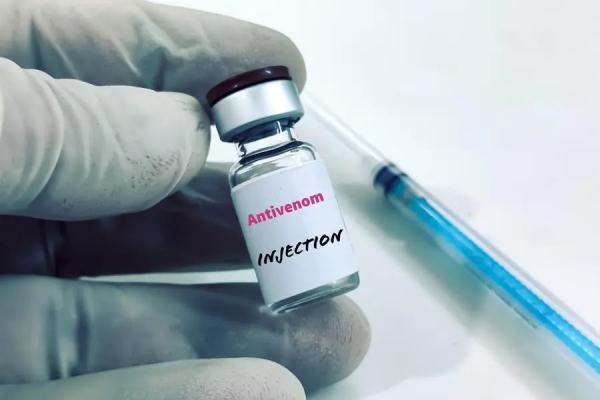
The West African Society of Parenteral and Enteral Nutrition (WASPEN), a non governmental organisation has asked government at all levels to focus on malnutrition in hospitals.
Dr. Teresa Pounds, Founder of WASPEN made the call at the ongoing Malnutrition Awareness Week ((MAW) webinar organise as part of activities line-up for the week which started September 16 through Friday September 20.
She said the MAW is bringing renewed vigor to the global fight against hospital malnutrition, that the crucial initiative, launched by the American Society for Parenteral and Enteral Nutrition (ASPEN) in 2012, shines a spotlight on the often-overlooked issue of malnutrition within hospital settings.
She said that WASPEN is dedicated to advancing nutrition care across West Africa through clinical education, research, and interdisciplinary collaboration.
“Our vision is a region where malnutrition is eradicated. We achieve this by uniting dieticians, doctors, nurses, pharmacists, and other professionals to enhance clinical nutrition care and reduce malnutrition in both hospital and outpatient settings.”
Pounds thank the institutions that have establish nutritional committees, she call for insitutions to join .
The committee according to her should be made up of multidisciplinary health professionals, and saddle with the responsibility of addressing clinical malnutrition in patients.
“The committee should be led by physicians, including pharmacists, nurses, dietitians, and social workers. These committees would be responsible for educating hospital staff, assessing patients’ nutritional status, and providing appropriate nutritional interventions.
She pointed out that malnourished patients are at a higher risk of surgical complications, longer hospital stays, and increased healthcare costs.
According to her, by investing in hospital nutrition programmes, patient outcome can be improved upon and also reduce the overall burden on the healthcare system.
She also advised patients to make themselves available for screening, stressing that early detection and treatment would help to reduce complications and enhance quality of life.
She noted that most hospitals don’t have enough trained nutritionists to assess and treat malnutrition, that governments need to step up by providing the necessary resources and policy support to ensure that hospital patients undergo proper nutrition screening.
Speaking further she said addressing hospital malnutrition requires a collective effort from all stakeholders.
While speaking on the activities for the week she said there are ongoing ; “educational workshops where healthcare professionals are participating in workshops to learn about the causes, consequences, and prevention strategies for malnutrition.
Also screening programmes where hospitals and clinics are conducting screenings to identify patients at risk of malnutrition and implement appropriate interventions.
She added that the webinars are focusing on strategies for early detection and comprehensive management, as well as advancing nutrition advocacy.






















